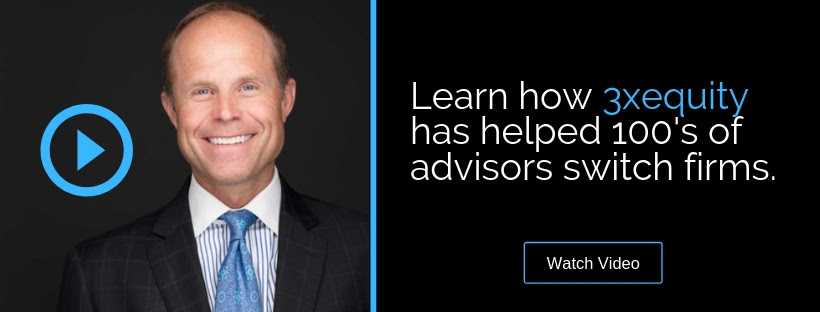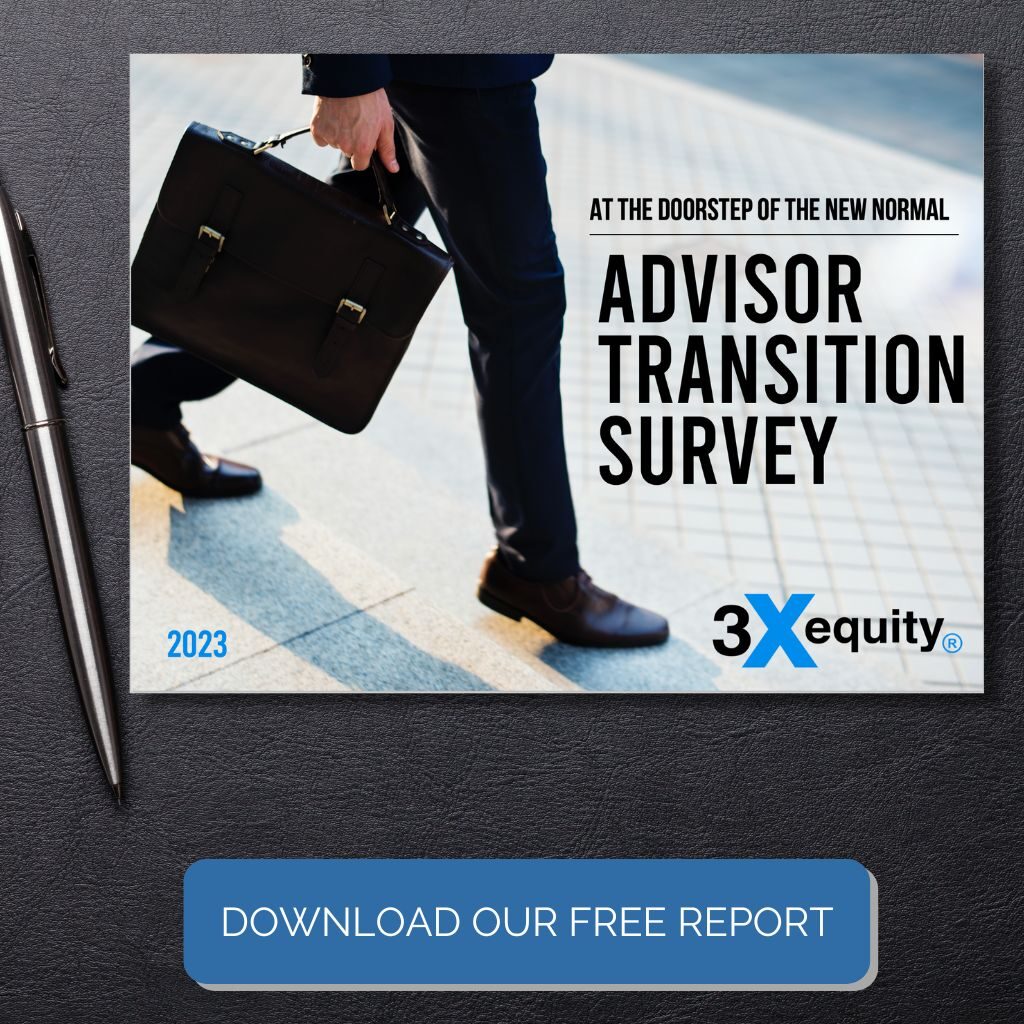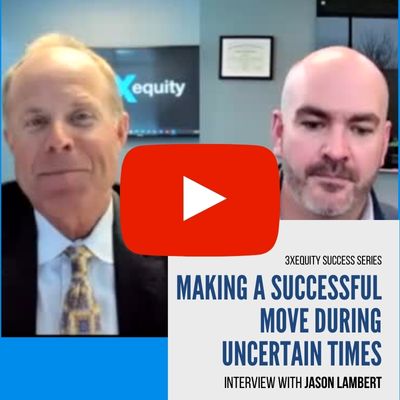We talked before about your elevator pitch: that 30-second speech you keep in your back pocket that answers the question, “What do you do?” But, what do you do after you’ve delivered your pitch? You’ve left your prospect wondering about you and your services. How do you hook him or her for an appointment?

Donald Trump, billionaire real estate developer and presidential candidate, said, “People get caught up in wonderful, eye-catching pitches, but they don’t do enough to close the deal. It’s no good if you don’t make the sale. Even if your foot is in the door or you bring someone into a conference room, you don’t win the deal unless you actually get them to sign on the dotted line.”
According to Dale Carnegie, a pioneer in personal and professional communication and author of the 1936 classic How to Win Friends and Influence People, “The only way on earth to influence other people is to talk about what they want and show them how to get it.”
In other words, a good hook not only gets potential customers thinking about what they want, it gets them to meet with us, because we have shown we can provide what they want.
Hooks we’ve used include:
- Are you open minded to considering alternatives that might better yourself?
- Are you open minded to a second opinion? Have you ever seen a sample of a financial plan that we do for our clients?
- Would you be open minded to hearing a little bit about how my wealthy clients have benefited from our exclusive and sophisticated planning process?
You want your hook to be in your own words, so that it sounds as natural to you and your potential clients as your elevator pitch. In fact, combining your hook and your elevator pitch is very powerful: your pitch outlines how you solve problems for your clients. Your hook gets them in the door.
If we don’t have a hook question, how do we get that prospect to meet with us? What is your hook question?




